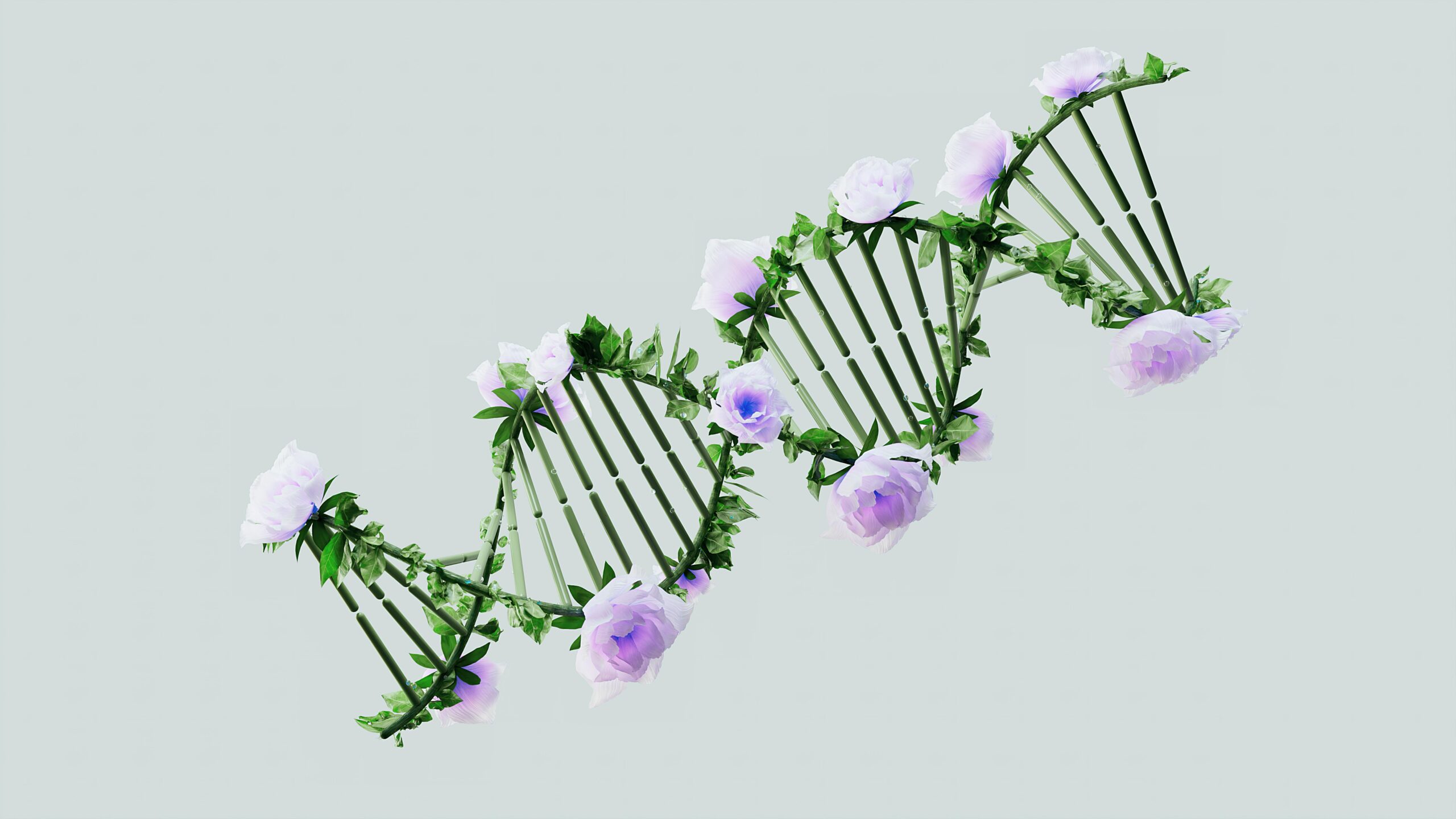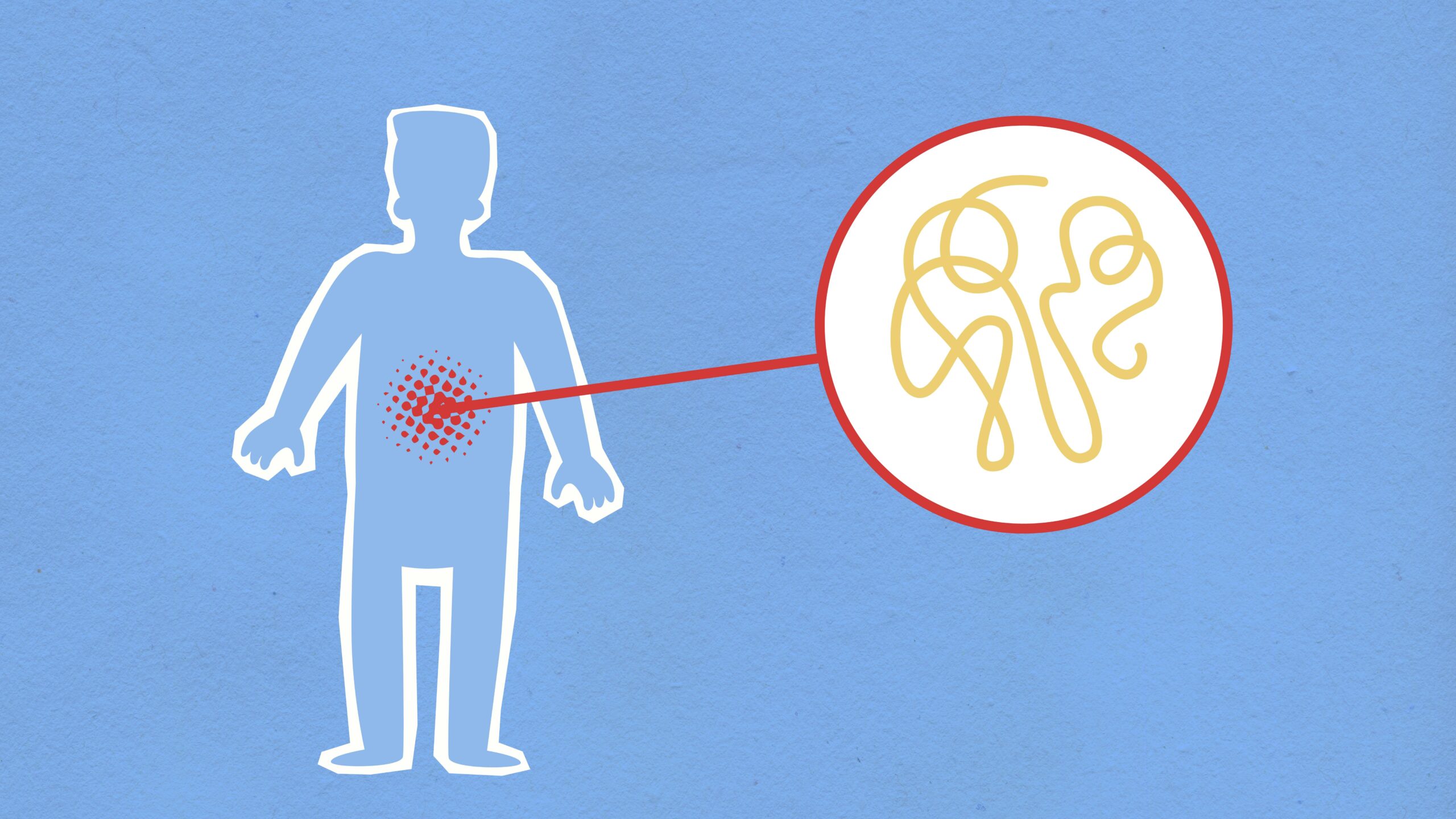The intersection of psychology and genetics reveals a revolutionary frontier: psychogenetics, where your thoughts, emotions, and mental states actively influence which genes turn on or off throughout your lifetime.
🧬 The Revolutionary Science Behind Mind-Gene Communication
For decades, scientists believed our genetic code was our unchangeable destiny—a biological blueprint written in stone at conception. This deterministic view suggested that the genes we inherited from our parents would dictate everything from our physical appearance to our susceptibility to diseases. However, groundbreaking research in psychogenetics has shattered this outdated paradigm, revealing that our minds possess remarkable power to shape genetic expression.
Psychogenetics represents the convergence of psychological science and genetic research, exploring how mental and emotional states influence gene activity. Unlike genetic mutations that alter DNA sequences permanently, psychogenetic effects work through epigenetic mechanisms—chemical modifications that determine whether genes are expressed or silenced without changing the underlying DNA code itself.
This discovery fundamentally transforms our understanding of human potential. We are not passive recipients of genetic fate but active participants in our biological destiny. The thoughts we think, the stress we experience, the relationships we cultivate, and the meaning we find in life all send biochemical signals that can switch genes on or off, ultimately affecting our health, behavior, and even the genetic legacy we pass to future generations.
The Molecular Mechanisms: How Thoughts Become Biology
Understanding psychogenetics requires grasping the mechanisms through which psychological experiences translate into genetic changes. The process begins in your brain, where thoughts and emotions trigger the release of neurotransmitters and hormones. These chemical messengers travel throughout your body, eventually reaching the nucleus of your cells where they interact with your DNA.
The primary mechanism involves epigenetic modifications, particularly DNA methylation and histone acetylation. When you experience chronic stress, for example, your body produces elevated levels of cortisol. This stress hormone can add methyl groups to specific regions of your DNA, effectively silencing genes that would otherwise protect against inflammation and disease.
Conversely, positive psychological states activate entirely different genetic pathways. Meditation, for instance, has been shown to reduce the expression of pro-inflammatory genes while enhancing the activity of genes associated with immune function and cellular repair. This isn’t mystical thinking—it’s measurable molecular biology happening inside your cells right now.
The Epigenetic Switches That Respond to Your Mental State
Your genome contains approximately 20,000-25,000 genes, but only a fraction are active at any given time. Epigenetic markers act like dimmer switches, controlling the volume of gene expression. These switches are remarkably sensitive to environmental inputs, including psychological factors:
- Chronic stress increases methylation of genes regulating the stress response system, potentially creating a vicious cycle of heightened reactivity
- Social isolation upregulates inflammatory gene expression while downregulating antiviral genes, explaining why loneliness compromises immune function
- Mindfulness practices reduce expression of NF-kB genes that drive inflammation and accelerate aging processes
- Purpose and meaning in life correlate with favorable gene expression patterns in immune cells
- Positive social connections enhance expression of genes involved in immune surveillance and stress resilience
🧠 The Mind-Body Genetic Feedback Loop
Psychogenetics reveals an intricate feedback system where mind influences genes, and those genetic changes subsequently affect brain function and psychological states. This bidirectional relationship creates either virtuous or vicious cycles depending on the quality of your mental and emotional life.
Consider depression as an example. Psychological stress can alter the expression of genes involved in producing brain-derived neurotrophic factor (BDNF), a protein essential for neuronal health and mood regulation. Reduced BDNF expression contributes to the brain changes seen in depression, which then perpetuates negative thinking patterns, creating more stress and further suppressing beneficial gene expression.
Breaking this cycle requires understanding that genetic expression isn’t permanent. The same epigenetic mechanisms that create harmful patterns can be reversed. Research demonstrates that cognitive behavioral therapy, antidepressant medications, and lifestyle interventions can normalize gene expression patterns in depression, effectively reprogramming your genetic destiny through psychological and behavioral change.
Stress: The Master Genetic Regulator
If there’s one psychological factor that most profoundly affects your genetic landscape, it’s stress. Both acute and chronic stress trigger widespread changes in gene expression across multiple organ systems. The hypothalamic-pituitary-adrenal (HPA) axis—your body’s stress response system—doesn’t just prepare you for immediate threats; it fundamentally alters which genes are active in your cells.
Chronic stress exposure has been linked to shortened telomeres, the protective caps on chromosomes that determine cellular aging. Each time a cell divides, telomeres naturally shorten, but chronic psychological stress accelerates this process. Studies of caregivers for chronically ill children show that perceived stress levels correlate with telomere length—those reporting higher stress have telomeres equivalent to someone a decade older.
The implications extend beyond individual health. Maternal stress during pregnancy can alter fetal gene expression, potentially affecting the child’s stress reactivity, metabolism, and disease susceptibility throughout life. This transgenerational effect demonstrates how psychological states can influence genetic destiny across generations.
Rewiring Your Genetic Expression Through Mental Training
The empowering message of psychogenetics is that you possess significant agency over your genetic expression. While you cannot change your DNA sequence, you can dramatically influence which genes are active through deliberate mental and behavioral practices.
Meditation and mindfulness represent some of the most extensively studied interventions for beneficial genetic change. Research by Dr. Herbert Benson at Harvard Medical School found that eliciting the “relaxation response” through meditation produces measurable changes in gene expression within just eight weeks. Participants showed altered expression of genes involved in inflammation, cellular metabolism, and insulin secretion.
Other studies have documented that experienced meditators exhibit different patterns of gene expression compared to non-meditators, particularly in genes regulating inflammation and stress response. Remarkably, even brief meditation sessions produce rapid changes in gene expression, suggesting that the psychological state itself—not just long-term practice—influences genetic activity.
Practical Strategies for Positive Genetic Influence 🌟
Translating psychogenetic research into daily life involves cultivating psychological states and behaviors that promote favorable gene expression:
- Regular meditation or mindfulness practice: Even 10-15 minutes daily can shift gene expression toward anti-inflammatory patterns
- Cultivating social connections: Quality relationships activate genes associated with immune strength and stress resilience
- Finding purpose and meaning: Research shows that eudaimonic well-being (purpose-driven happiness) produces healthier gene expression profiles than hedonic pleasure-seeking
- Managing stress through cognitive reframing: How you interpret stressful events affects genetic consequences more than the events themselves
- Physical exercise: Movement triggers beneficial genetic changes while reducing expression of pro-inflammatory genes
- Adequate sleep: Sleep deprivation disrupts hundreds of genes involved in immune function, metabolism, and stress response
- Nutritional choices: Diet provides the molecular building blocks for epigenetic modifications
The Dark Side: How Negative Psychology Damages Your Genes
Understanding psychogenetics also means confronting how harmful psychological patterns can damage your genetic landscape. Chronic negative emotions, persistent stress, social isolation, and psychological trauma don’t just feel bad—they create measurable genetic consequences that increase disease risk and accelerate aging.
Adverse childhood experiences (ACEs) provide stark evidence of psychology’s genetic impact. Adults who experienced childhood trauma show altered methylation patterns in genes regulating stress response, immune function, and inflammation. These epigenetic scars can persist for decades, contributing to increased rates of depression, cardiovascular disease, autoimmune conditions, and other health problems.
The concept of “weathering”—accelerated aging in response to chronic social stress—demonstrates psychogenetics in action. Research by Dr. Arline Geronimus found that African Americans exposed to persistent racial discrimination and socioeconomic stress show biological aging markers typically seen in people years older. The psychological burden of discrimination literally ages you at the genetic level.
Breaking Generational Patterns
Perhaps most concerning is evidence that traumatic psychological experiences can affect not only your own genes but potentially those of your children and grandchildren. Animal studies demonstrate that stress-induced epigenetic changes can be transmitted across multiple generations, though the extent of this phenomenon in humans remains under investigation.
However, this transgenerational effect isn’t deterministic. Interventions that address trauma and promote psychological healing may reverse harmful epigenetic patterns before they’re passed to offspring. This suggests that psychological healing has literal genetic consequences—not just for yourself but potentially for future generations.
🔬 Cutting-Edge Research Reshaping Our Understanding
Psychogenetic research continues to unveil surprising connections between mental states and genetic expression. Recent studies have explored how various psychological factors influence our genetic destiny:
A 2023 study published in Translational Psychiatry found that cognitive behavioral therapy for anxiety disorders produces measurable changes in gene expression related to stress hormones and neurotransmitter systems. These genetic changes correlated with symptom improvement, suggesting that psychological healing operates through concrete biological mechanisms.
Research on positive psychology interventions reveals that practices like gratitude journaling, acts of kindness, and savoring positive experiences don’t just improve mood—they alter immune cell gene expression. One study found that a six-week positive psychology intervention enhanced expression of antiviral and antibody genes while reducing inflammatory gene activity.
The field of social genomics, pioneered by Dr. Steve Cole at UCLA, demonstrates how social experiences get “under the skin” to influence gene expression. His research team identified a conserved transcriptional response to adversity (CTRA)—a specific pattern of gene expression characterized by increased inflammation and decreased antiviral immunity—that emerges in response to chronic stress, loneliness, and social threat.
Personalized Approaches: Your Unique Genetic Response
An emerging frontier in psychogenetics involves understanding individual differences in how psychological states affect gene expression. Not everyone’s genes respond identically to stress, meditation, or other psychological factors. Genetic variations affect how sensitive your epigenetic machinery is to environmental inputs.
For instance, people with certain variants of the FKBP5 gene show particularly strong epigenetic responses to childhood trauma, translating psychological adversity into long-lasting genetic changes more readily than others. Conversely, some individuals appear genetically “buffered” against stress-induced genetic changes.
This personalization extends to interventions. Some people show robust genetic responses to meditation, while others may benefit more from different approaches like exercise or social connection. Future psychogenetic medicine may involve tailoring psychological interventions based on individual genetic profiles to maximize beneficial epigenetic changes.
From Knowledge to Action: Living Your Genetic Potential 💪
Understanding psychogenetics means recognizing that every moment of consciousness represents an opportunity to influence your genetic expression. The thoughts you cultivate, the stress you manage, the connections you nurture, and the meaning you create all participate in an ongoing dialogue with your genome.
This isn’t about perfection or eliminating all negative emotions—that’s neither possible nor desirable. Instead, psychogenetics points toward intentional cultivation of psychological resilience, meaningful connection, and purposeful living as concrete strategies for optimizing genetic expression.
Begin by auditing your current psychological environment. What chronic stressors can you address? What sources of meaning and connection can you strengthen? What mental practices might shift your baseline psychological state toward patterns that promote favorable gene expression?
Building Your Psychogenetic Action Plan
Creating lasting change in your genetic expression requires consistent practices rather than sporadic efforts. Consider developing a comprehensive approach that addresses multiple dimensions of psychological influence:
- Establish a daily mindfulness or meditation practice, starting with just 5-10 minutes
- Prioritize sleep quality and quantity, aiming for 7-9 hours nightly
- Invest in relationships that provide authentic connection and support
- Engage regularly in physical activity that you enjoy
- Develop skills for cognitive reframing and stress management
- Pursue activities that provide a sense of purpose and meaning
- Consider therapy or counseling to address unresolved trauma or chronic negative patterns
- Practice gratitude and positive emotion cultivation
The Future of Psychogenetics: What’s Next?
Psychogenetic research stands at the frontier of a paradigm shift in how we understand human health and potential. As technologies for measuring gene expression become more accessible and affordable, we may soon have personalized feedback on how our psychological states affect our genes in real-time.
Imagine wearable devices that track not just your heart rate and sleep, but also provide insights into your current gene expression patterns based on physiological markers. Such technology could offer concrete feedback on how meditation, stress management, or lifestyle changes are literally reprogramming your genetic activity.
The integration of psychogenetics into mainstream medicine promises more holistic treatment approaches that address both psychological and genetic dimensions of health. Rather than viewing mind and body as separate domains, future healthcare may focus on mind-body-gene integration, recognizing that lasting health requires addressing all three levels simultaneously.

Embracing Your Genetic Authorship 🌱
Psychogenetics ultimately delivers a message of empowerment rather than determinism. While we don’t choose the genetic sequence we inherit, we possess remarkable influence over how those genes are expressed throughout our lives. This influence extends beyond individual health to potentially affect future generations.
The science reveals that psychological states aren’t ephemeral experiences separate from biological reality—they are biological reality, constantly shaping the molecular landscape of your cells. Your mind isn’t merely a passenger in a genetically predetermined vehicle; it’s an active driver influencing which genetic pathways activate and which remain dormant.
This knowledge carries both responsibility and opportunity. The responsibility lies in recognizing that chronic negative psychological patterns have real biological consequences that shouldn’t be ignored. The opportunity emerges from understanding that you possess far more agency over your genetic destiny than previous generations imagined possible.
By cultivating psychological resilience, managing stress effectively, nurturing meaningful connections, and finding purpose in daily life, you’re not just improving subjective well-being—you’re literally rewriting your genetic expression in ways that promote health, vitality, and longevity. The power of psychogenetics lies in recognizing that the conversation between your mind and your genes is ongoing, and you have a voice in that dialogue every single day.
Toni Santos is a deep-biology researcher and conscious-evolution writer exploring how genes, microbes and synthetic life inform the future of awareness and adaptation. Through his investigations into bioinformatics, microbiome intelligence and engineered living systems, Toni examines how life itself becomes a field of awakening, design and possibility. Passionate about consciousness in biology and the evolution of living systems, Toni focuses on how life’s architecture invites insight, coherence and transformation. His work highlights the convergence of science, philosophy and emergent life — guiding readers toward a deeper encounter with their living world. Blending genetics, systems biology and evolutionary philosophy, Toni writes about the future of living systems — helping readers understand how life evolves through awareness, integration and design. His work is a tribute to: The intertwining of biology, consciousness and evolution The emergence of microbial intelligence within and around us The vision of life as designed, adaptive and self-aware Whether you are a scientist, thinker or evolving being, Toni Santos invites you to explore the biology of tomorrow — one gene, one microbe, one awakening at a time.




